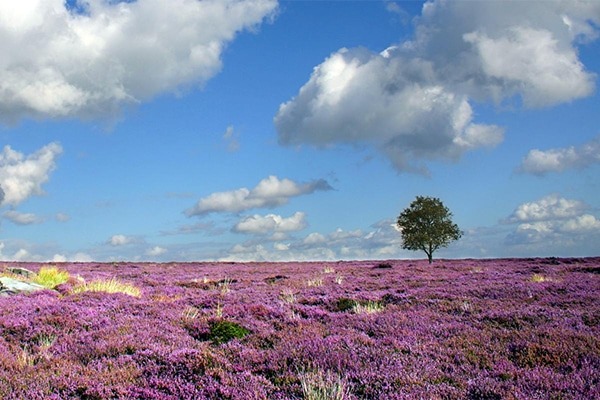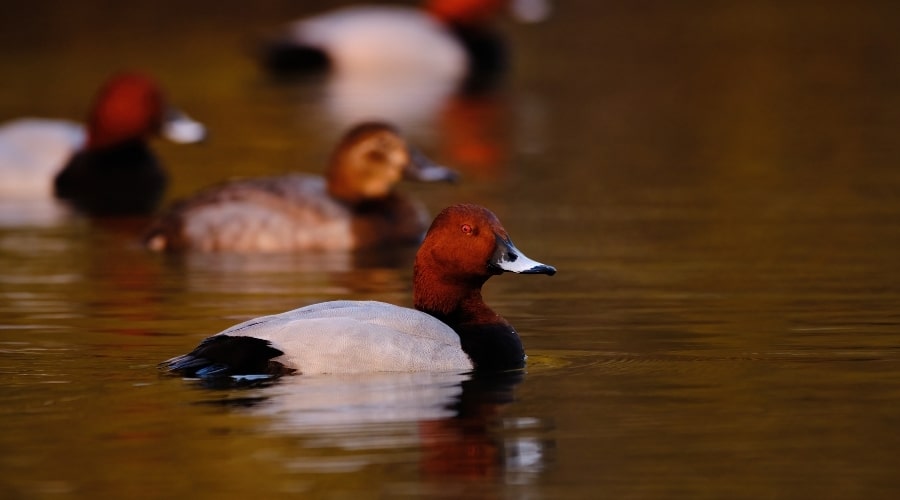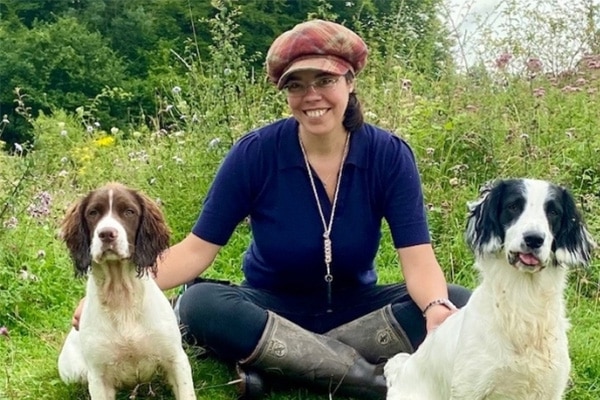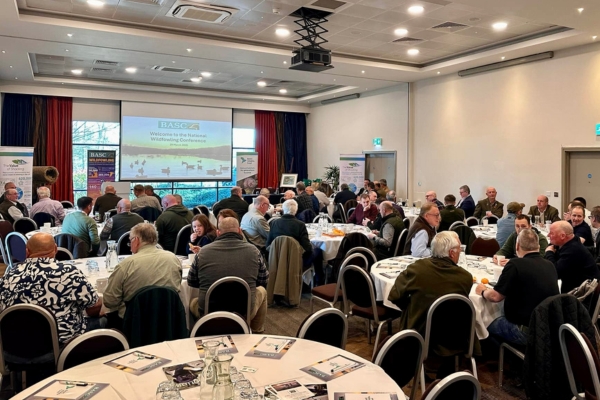
Moor than meets the eye
As the Glorious Twelfth approaches, David Scott introduces some of the iconic bird species supported by moorland managed for grouse.
Get information on the legal shooting season for mammals and birds in the UK.
Apply for funding for your project or make a donation today
Comprehensive information and advice from our specialist firearms team.
Everything you need to know about shotgun, rifle and airgun ammunition.
Find our up-to-date information, advice and links to government resources.
Everything you need to know on firearms law and licensing.
All the latest news and advice on general licences and how they affect you.

The Wildlife Habitat Charitable Trust (WHCT) has pledged €17,000 in funding for the sustainable management of key habitats for breeding and migratory populations of waterbirds in Lithuania.
The grant will enable country-wide bird surveys and the preparation of special management plans for a network of manmade wetland habitats. These habitats will take the form of large fishpond complexes in the country.
This funding is stage two of a project aimed at protecting the habitat and breeding grounds of the common pochard in Lithuania, following an €18,000 WHCT grant in 2018.
The project is being co-ordinated by Dr Saulius Svazas: “Large fishponds managed for aquaculture are ecologically important areas for birds and are characteristic of Eastern and Central Europe.
“Some of the larger fishpond complexes in Lithuania hold internationally important populations of rare bird species and during this project, habitats for waterfowl will be restored at selected key sites.”
Of key importance to the project is raising awareness within the local community who live and work in the vicinity of the project sites. The idea is to embed sustainable management into everyday activity among those who regularly use the areas.
Work on the Lithuanian waterbird project will begin in the new year.
The WHCT was set up by BASC in 1986. As a charitable trust, the WHCT exists to provide grants to projects centring around habitat conservation, with a particular focus on the UK’s migratory bird species.
To date the WHCT has awarded a total of £351,189 in grants. Of this WHCT trustees have made grants totalling more than £140,000 to international projects since 1994.
WHCT-funded successful waterbird projects include habitat restoration projects on stopover sites for migratory wildfowl in Lithuania, Belarus and the Kaliningrad region of Russia.
The WHCT welcomes both national and international grant applications and is keen to support projects which target the conservation of known breeding habitats of the UK’s migratory species.
Find out more and download an application form here.
Read the full press release here.

As the Glorious Twelfth approaches, David Scott introduces some of the iconic bird species supported by moorland managed for grouse.

Marnie Lovejoy has been appointed as BASC’s new head of environmental law research, with the aim of securing the future of sustainable shooting.

The 2025 BASC National Wildfowling Conference returned on Saturday 29 March, attracting more than 100 delegates.
Sign up to our weekly newsletter and get all the latest updates straight to your inbox.
© 2025 British Association for Shooting and Conservation. Registered Office: Marford Mill, Rossett, Wrexham, LL12 0HL – Registered Society No: 28488R. BASC is a trading name of the British Association for Shooting and Conservation Limited which is authorised and regulated by the Financial Conduct Authority (FCA) under firm reference number 311937.
BASC Direct Ltd is an Introducer Appointed Representative of Agria Pet Insurance Ltd who administer the insurance and is authorised and regulated by the Financial Conduct Authority, Financial Services Register Number 496160. Agria Pet Insurance is registered and incorporated in England and Wales with registered number 04258783. Registered office: First Floor, Blue Leanie, Walton Street, Aylesbury, Buckinghamshire, HP21 7QW. Agria insurance policies are underwritten by Agria Försäkring.
If you have any questions or complaints about your BASC membership insurance cover, please email us. More information about resolving complaints can be found on the FCA website or on the EU ODR platform.